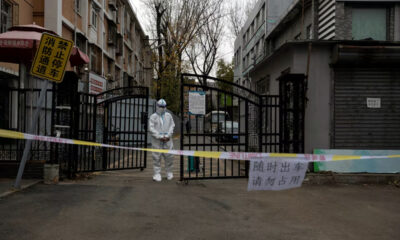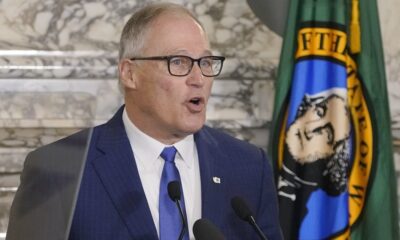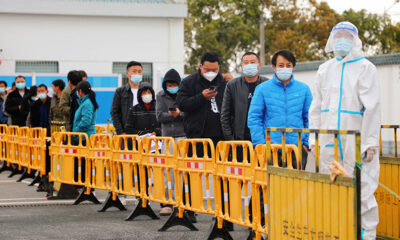Latest News
Coronavirus: UNHCR warns against neglecting Afghan refugees

 The United Nations High Commissioner for Refugees (UNHCR) urges greater support to Afghanistan, Pakistan, and Iran in the context of the COVID-19 pandemic.
The United Nations High Commissioner for Refugees (UNHCR) urges greater support to Afghanistan, Pakistan, and Iran in the context of the COVID-19 pandemic.
The UN refugee agency has warned that leaving Afghan refugees and their host communities behind would have a far-reaching and negative impact on global efforts to fight the Coronavirus.
The COVID-19 poses a very great threat to developing countries, the UNHCR said, adding that an outbreak would put extraordinary strain on already fragile local health-care services and likely result in avoidable suffering and death.
As the race against time continues globally, UNHCR appeals to the international community to boost solidarity with all three countries, and have at this critical time to prevent a larger-scale outbreak of the coronavirus among the most vulnerable communities.
“Despite persistent risks and insecurity, Afghans continue to return from both Iran and Pakistan. Tens of thousands of Afghan citizens have crossed over from Pakistan to Afghanistan since the temporary re-opening of the border last week. From Iran, while the number of Afghans nationals returning peaked at some 60,000 in March, around 1,500 individuals are currently returning every day,” the UNHCR said in a statement.
 According to the statement, Afghanistan faces the prospect of overwhelmed medical and social services, with a dramatic increase in Afghans returning home, hundreds of thousands of people living in displacement sites and rising poverty levels.
According to the statement, Afghanistan faces the prospect of overwhelmed medical and social services, with a dramatic increase in Afghans returning home, hundreds of thousands of people living in displacement sites and rising poverty levels.
Pakistan and Iran, which host some 90 percent of the world’s 2.7 million Afghan refugees are experiencing immense strain on their health systems and economies. Lockdown measures and a sharp downturn in economic activity have left many Afghan refugees confronted with an inability to meet even their most basic needs.
“For Afghan refugees in Iran and Pakistan, the impacts of COVID-19 go far beyond health. In both countries, those who are employed are commonly hired as daily laborers,” the statement said.
The refugee agency added that Amidst various levels of lockdown across the region, such work has abruptly ceased and refugees with no income and their hosts are now faced with economic threats to their survival.
Afghans in Iran and Pakistan widely report serious difficulties in paying medical expenses and meeting the most basic living costs of food and accommodation, leading to many being forced to borrow money, the agency noted.
Iran – facing the epicenter of the outbreak in South-West Asia – as facilitated exemplary inclusion of Afghans on its territory.
“UNHCR welcomes Iran’s recent confirmation that COVID-19 related tests and treatment are free of charge for all individuals, including for refugees. Additionally, the country’s Universal Public Health Insurance has been automatically extended for refugees as well as Iranian nationals – ensuring uninterrupted access to healthcare for all refugees,” read the statement.
 In Pakistan, relevant departments have also been directed to include both refugees and internally displaced people in relief and response measures.
In Pakistan, relevant departments have also been directed to include both refugees and internally displaced people in relief and response measures.
In all three countries, UNHCR is adapting our operations constantly to these unique circumstances.
UNHCR has temporarily suspended supporting voluntary returns of refugees from Iran and Pakistan in an attempt to limit the risk of refugees and staff contracting the virus, the statement underlined.
In Afghanistan, UNHCR is supporting the Government’s prevention efforts through awareness-raising in the most vulnerable communities and priority areas of return. Speakers mounted atop cars and trucks drive through towns and villages to spread accurate and reliable information that will save lives.
UNHCR is also helping the government better manage the flow of people into Afghanistan through hiring additional staff to boost the teams at the border and improving reception facilities allowing for more space. UNHCR has provided masks, disinfectants and other protective gear to government officials working at the border and in the communities so that they can protect themselves against the spread of COVID-19.
“We are in the process of procuring more hygiene kits to be distributed among returnees and displaced communities as well as for the frontline staff of government institutions and our partners; scaling up the construction of water and sanitation facilities and further enhancing support for border surveillance and returnee monitoring in Afghanistan,” UNHCR highlighted.
In Iran, UNHCR has airlifted essential medicines, medical equipment, and personal protective equipment to support and strengthen national health services. To address the critical and urgent lack of hygiene materials in Iran, UNHCR has also distributed soap and disposable paper towels to some 7,500 refugee households living in refugee settlements across the country, whose living situations in close-quarters make then more vulnerable to COVID-19. More airlifts are expected in the coming weeks.
UNHCR has increased its capacity at Afghanistan’s borders to Iran to better be able to support the tracking and contact tracing of individuals. Psychosocial support services continue to operate via phone.
In Pakistan, renewed emphasis has been placed on water and sanitation projects. UNHCR has provided 10 fully equipped ambulances and 28 large housing unit facilities to the provincial health departments and disaster management authorities in Balochistan, Khyber Pakhtunkhwa, and Punjab. Medical equipment and sanitation products are also being distributed to rural health facilities in support of refugees and their host communities.
More support is desperately needed for Afghanistan, Iran, and Pakistan as part of collective efforts to combat COVID-19 worldwide. Despite the work being done across the subregion, the risk of the pandemic become unmanageable is now acute.
UNHCR’s funding appeal of some US$315 million required for the Afghan situation is merely 17 percent funded.
Latest News
IEA’s high-level delegation arrives in Kazan

A high-ranking delegation of the Islamic Emirate, led by Mullah Abdul Ghani Baradar, Deputy Prime Minister for Economic Affairs, arrived on Wednesday in the city of Kazan, the capital of the Republic of Tatarstan, to participate in the 16th Kazan International Economic Forum.
In a statement issued by the deputy PM’s office, the delegation of the Islamic Emirate was given a “warm welcome” at Kazan International Airport by the Deputy Leader of the Republic of Tatarstan.
Latest News
Islamic Emirate welcomes Trump’s move to cancel protection program for Afghan refugees
The Trump administration said Monday it was ending the TPS program that offered deportation protection to thousands of people from Afghanistan.
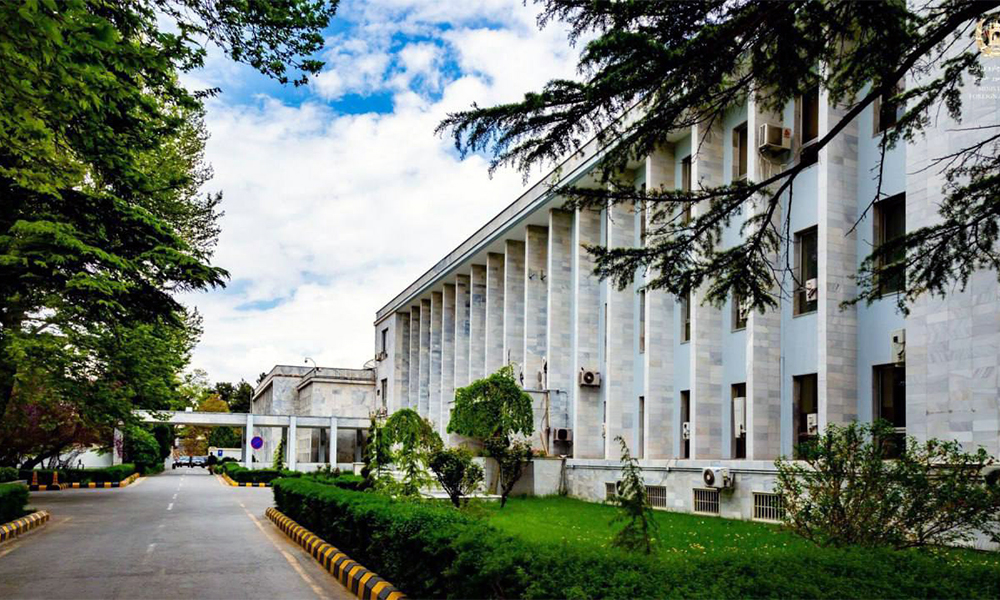
Afghanistan’s Foreign Ministry says the recent announcement by the US Department of Homeland Security on the suspension of the Temporary Protective Program Status (TPS) program for Afghans was a “positive step” and acknowledgement of an improved situation in Afghanistan.
The Trump administration said Monday it was ending the TPS program that offered deportation protection to thousands of people from Afghanistan.
The Islamic Emirate of Afghanistan (IEA) said Wednesday this move “affirms progress in Afghanistan’s security and economic environment”.
The IEA views this as “a clear recognition of progress made in national security, economy and other areas”.
According to a statement, “Afghanistan is the shared home of all Afghans, and all have the right to free movement.”
The IEA also stated that it is ready to engage in constructive dialogue with the US and other countries regarding the repatriation of Afghans who no longer meet criteria to remain in host countries.
“IEA underscores the importance of bilateral mechanisms and consular services for its citizens, in line with established standards, to prevent complications, address national security concerns, and ensure the dignity and rights of returnees,” the statement read.
The US Department of Homeland Security said Monday it will end the program on July 12.
The TPS program allows migrants to get work permits and temporary reprieve from deportation if the US government determines it is unsafe for them to return to their home countries due to war, natural disaster or other issues.
Over 8,000 Afghans were approved for TPS as of last year, according to federal statistics.
TPS was last extended for Afghanistan in 2023, and it was set to expire in May unless the Trump administration chose to grant another extension.
“This decision is unconscionable and will have long-lasting ripple effects,” AfghanEvac, a group that helps relocate Afghans, said in a post on X early this week.
Latest News
Pakistan and Afghanistan inaugurate ‘Friendship Hospital’ at Kharlachi border
The “Pak-Afghan Friendship Hospital”at the Kharlachi Border Terminal is equipped with modern facilities, a laboratory, pharmacy, cardiovascular testing services.
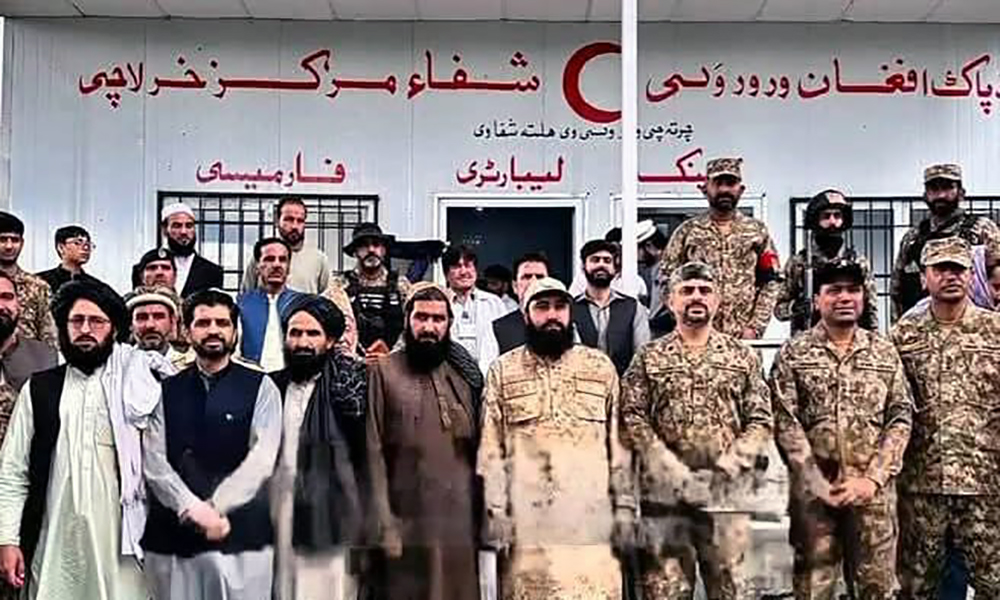
The Afghan government and Pakistan Army have jointly inaugurated a hospital at the Kharlachi border crossing between the two countries.
The “Pak-Afghan Friendship Hospital”at the Kharlachi Border Terminal is equipped with modern facilities, a laboratory, pharmacy, cardiovascular testing services and diabetes and blood pressure screening unit.
According to Pakistan’s special envoy to Afghanistan Mohammad Sadiq, the hospital is expected to serve as a vital healthcare hub, particularly for residents of the border regions and Afghan citizens seeking medical support.
The inauguration ceremony was attended by senior military officials, administrative representatives, and tribal elders from both countries.
Sadiq said the primary objective behind establishing the hospital is to strengthen friendly relations between the people of Pakistan and Afghanistan and to foster the spirit of humanitarian service.
He said the initiative has been widely appreciated by the local communities, who expressed hope that such projects will pave the way for lasting peace, enhanced cooperation, and improved welfare across the region.
The inauguration comes just days after the crossing was reopened to trade after a six-month closure.
Speaking to the media at the crossing, Pakistan’s border in-charge Major Moez and Afghanistan’s border affairs representative Maulana Javed confirmed that trade operations through this border crossing between the two countries officially resumed on Friday.
Moez credited the successful reopening to coordinated efforts between officials from both governments, security forces and tribal elders. “This step is in the best interest of both countries and will promote economic stability in the region,” he stated.
Javed in turn expressed hope for improved bilateral relations, saying: “Afghanistan desires friendly and brotherly ties with its neighbors.”
-

 Latest News4 days ago
Latest News4 days agoPakistan says India launched attack on Afghanistan, India denies
-

 World4 days ago
World4 days agoUS offers to help India and Pakistan start talks, G7 also urges dialogue
-

 Sport4 days ago
Sport4 days agoFIFA OKs creation of Afghanistan women’s refugee team
-
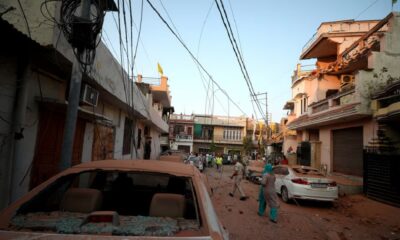
 Regional4 days ago
Regional4 days agoPakistan says it has launched military offensive against India
-

 World4 days ago
World4 days agoTrump says India, Pakistan agree to ‘full and immediate ceasefire’
-
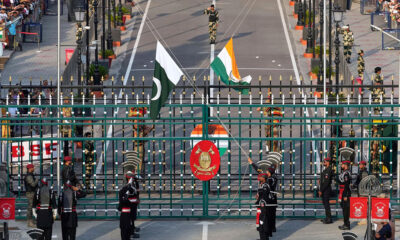
 Regional3 days ago
Regional3 days agoExplosions reported after India and Pakistan agree to ceasefire
-

 Regional2 days ago
Regional2 days agoIndian air force says losses are part of combat but all pilots back home
-

 Tahawol4 days ago
Tahawol4 days agoTahawol: Status of Afghanistan’s infrastructure projects reviewed




